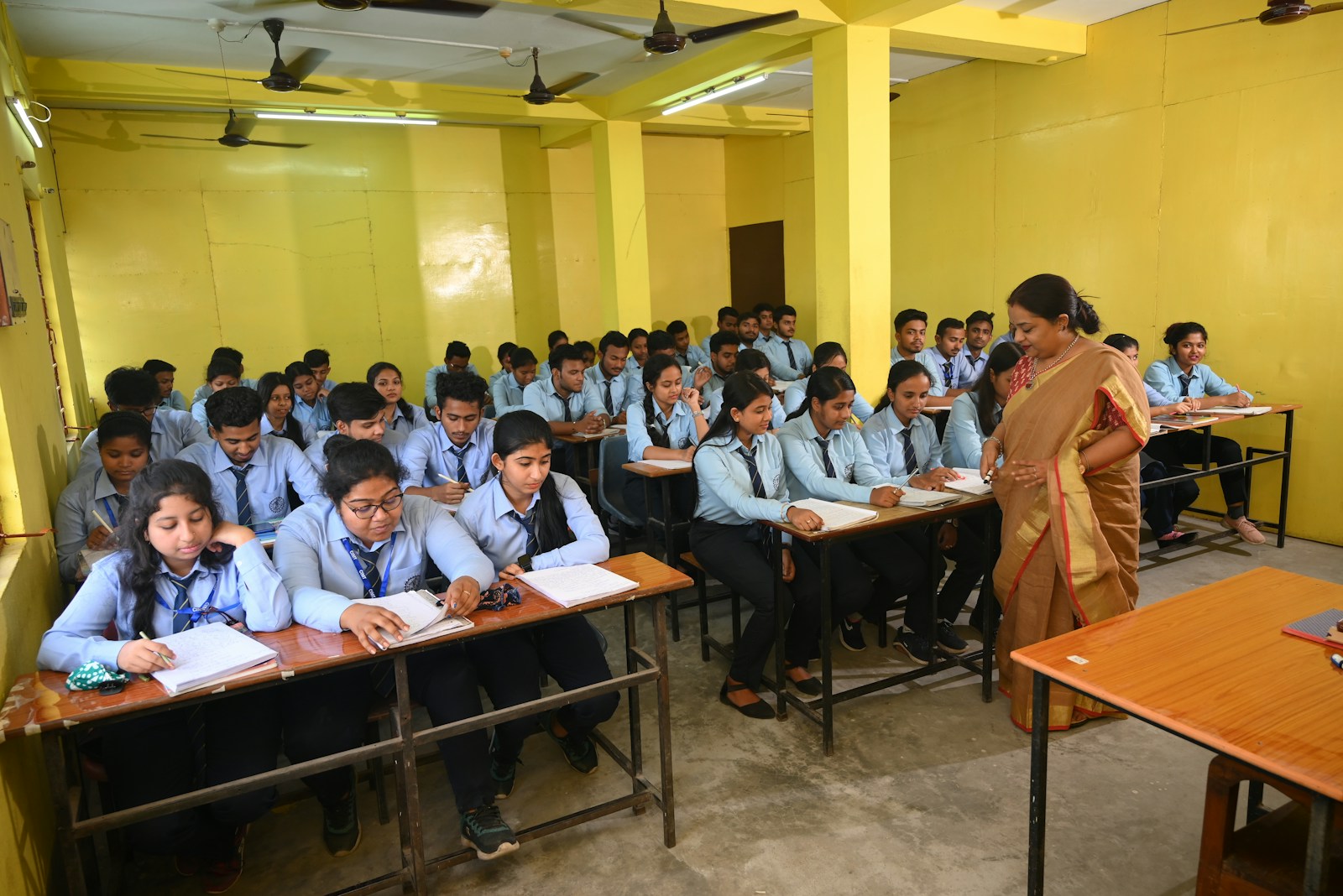Patna High Court Balances Discipline and Reform: A Landmark Ruling on Student Impersonation and Proportional Punishment

Introduction
In a remarkable judgment that merges academic discipline with constitutional compassion, the Patna High Court in Bhawesh Kumar Bhaskar v. State of Bihar & Others, along with connected petitions (CWJC Nos. 19657 of 2024, 267 of 2025, 335 of 2025, 538 of 2025, and 1012 of 2025), delivered on 19 September 2025 by Justice Anil Kumar Sinha, examined whether permanently expelling medical students accused of impersonation was a fair and proportionate disciplinary action. The Court’s verdict is a significant step toward striking a balance between the sanctity of educational institutions and the constitutional principles of fairness and the right to life and dignity guaranteed under Articles 14 and 21 of the Constitution of India. It reaffirms the importance of proportional punishment and the need to adopt a reformative approach in academic discipline rather than a purely punitive one.
Table of Contents
Background of the Case
The case arose from petitions filed by five MBBS students of Aryabhatta Knowledge University (AKU), Patna, namely Bhawesh Kumar Bhaskar, Afzal Azad, Ashish Ranjan, Abhishek Kumar, and Vishal Kumar. The allegations varied some petitioners allegedly appeared in examinations on behalf of other students, while others were accused of allowing someone else to appear in their place during the Third Professional MBBS Examinations in 2023.
Based on reports from examination superintendents, the Controller of Examination issued show-cause notices to the students in October 2024. They were subsequently summoned before the 57th Unfair Means Committee of the University. After reviewing their explanations, the Committee found each petitioner guilty under Clause 5.2 of the Rules for Unfair Means. Acting on the Committee’s recommendation, the Vice Chancellor issued orders in November 2024 cancelling their admissions and permanently expelling them from the University.
In addition to the disciplinary action, a criminal case was registered against the students. Although all petitioners were later released on bail, the expulsion orders left their academic futures in jeopardy, leading them to seek relief from the Patna High Court.
Petitioners’ Arguments
Senior Advocate Mr. Y.V. Giri, appearing for the petitioners, argued that the punishment of permanent expulsion was extremely harsh, disproportionate, and violative of their fundamental rights under Articles 14 and 21. He contended that the Vice Chancellor had failed to exercise the discretionary powers available under Section 27(d) of the Aryabhatta Knowledge University Statute, which permits a range of disciplinary actions besides expulsion, such as a fine, rustication, or withholding of results.
According to the petitioners, the “Rules for Unfair Means,” which prescribed the harsh penalty, could not legally override the discretion granted to the Vice Chancellor in the parent Statute. They cited several key precedents, including Ranjit Thakur v. Union of India, where the Supreme Court held that punishment must be proportionate to the misconduct and should not shock the conscience of the court. They also referred to the UGC Guidelines of 12 April 2023, which advocate for a humane and student-friendly disciplinary framework, arguing that the University’s action was purely punitive and failed to consider the possibility of reform.
Respondents’ Arguments
Counsel for Aryabhatta Knowledge University defended the decision, asserting that impersonation is a grave academic offense that undermines the integrity of examinations and erodes public faith in medical education. They argued that the “Rules for Unfair Means” were properly framed under Section 27(f) of the Statute and that the University had adhered to all principles of natural justice by providing each petitioner a fair hearing. The respondents contended that every student, at the time of admission, had submitted to the University’s disciplinary jurisdiction and was therefore bound by its rules. To support their stand, they cited Supreme Court judgments emphasizing that strict disciplinary measures are vital to maintaining academic credibility.
Court’s Observations and Legal Analysis
Justice Anil Kumar Sinha began by clarifying that while courts should be circumspect in interfering with academic matters, they can intervene when a decision is arbitrary or shockingly disproportionate. The Court emphasized that Section 27(d) of the University Statute grants the Vice Chancellor broad discretion to decide the degree of punishment. The “Rules for Unfair Means,” framed under Section 27(f), which states they are “without prejudice to the powers of the Vice Chancellor,” must be read as supplementing, not restricting, this discretion.
The Court found that the Vice Chancellor had mechanically accepted the Committee’s recommendation without recording independent reasons or considering lesser penalties. This, the Court held, was not a judicious exercise of power. Applying the doctrine of proportionality, Justice Sinha observed that permanent expulsion amounts to an “academic and professional death” and is a disproportionately harsh penalty for first-time offenders. The punishment foreclosed all avenues for reform, contrary to the modern penological view that discipline should be rehabilitative.
Final Directions of the Court
After a detailed analysis, the Patna High Court modified the punishments imposed by the University:
- For Bhawesh Kumar Bhaskar and Abhishek Kumar, who were in their final year, their examination results will remain withheld, and they will remain expelled for a period of three years from the date of the Vice Chancellor’s order.
- Similarly, Afzal Azad and Ashish Ranjan will also have their examination results withheld and will remain expelled for three years.
- In the case of Vishal Kumar, who had completed his MBBS and internship, the Court directed that his MBBS degree shall not be conferred for two years. In addition, he must pay a fine of ₹5,00,000 to the University within that period.
- Finally, the Court imposed a litigation cost of ₹25,000 on each petitioner, payable to the University.
Conclusion and Author’s Opinion
The judgment of the Patna High Court is a thoughtful and balanced articulation of law, morality, and fairness. It reiterates that while institutions must uphold academic integrity, they must also remain guided by compassion and the fundamental principles of justice. By invoking the doctrine of proportionality and emphasizing reform over retribution, the Court has set a valuable precedent for future cases involving disciplinary actions in educational settings.
In a final, poignant reminder, the Court directly addressed the students, stating that the modified punishment “should not be mistaken as indulgence or leniency” and that their future profession is “intrinsically linked with compassion, integrity, and service to humanity”. This underscores the judgment’s dual role: delivering constitutional justice while reinforcing professional ethics. The decision reminds educational institutions that discipline and empathy are not opposites but complementary tools in shaping responsible citizens.
By entering the email address you agree to our Privacy Policy.



